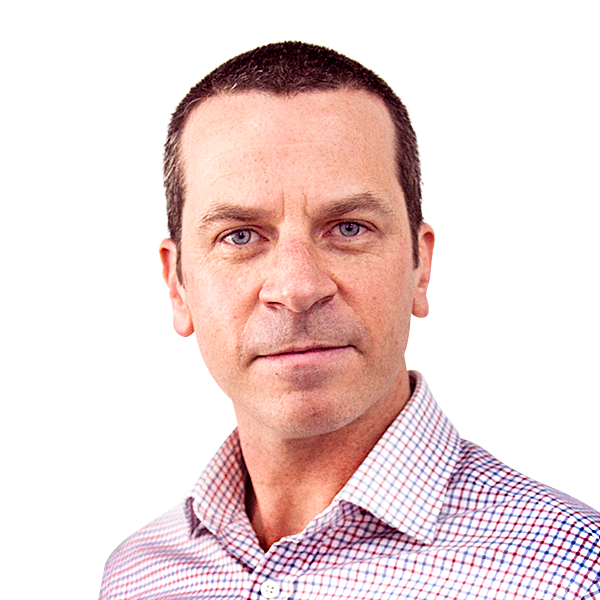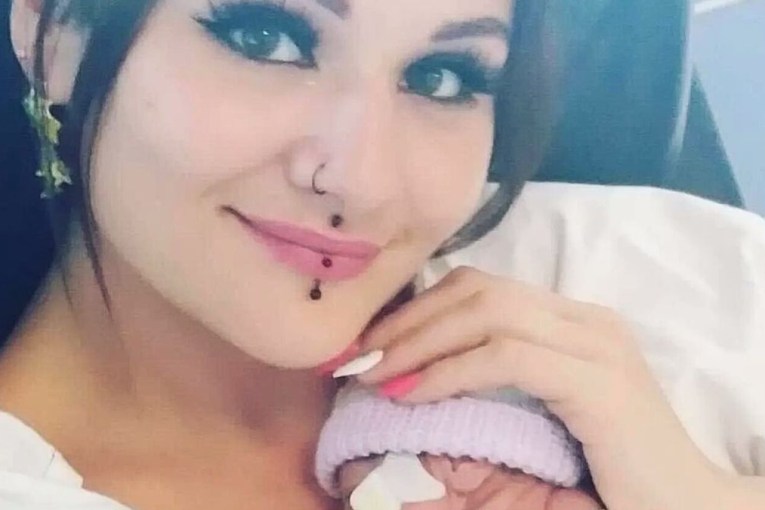Street violence: It’s not alcohol’s fault, it’s ours

· Thomas Kelly’s parents call for tougher sentencing laws
· Push to call change ‘king hits’ label to ‘coward punches’
Stories about people being beaten, stabbed, run over or maimed in entirely new ways on New Year’s Eve are a familiar post-script to a party with an invite list that numbers in the billions.
The stories never fail to shock and dismay. Today, the family of Daniel Christie, an 18-year-old Sydneysider clinging to life after being assaulted in Kings Cross, is facing an unwelcome 2014, one that includes doctors, medical bills, and most tragically, a lost future. There are many others around the nation confronting something similar.
When you mix millions of people with millions of litres of alcohol it’s unlikely that everybody will get home in one piece. Next year, or even next weekend, it could be me or one of my loved ones. It’s a risk we all confront, all the time.
It isn’t New Year’s Eve that causes it, and it isn’t alcohol. It is people.
But there was a miracle of survival on New Year’s Eve that has gone unreported – millions of us got home unscathed. Some of us drank so much that we can’t remember how we got there. Others arrived bruised, vowing never to drink again, but once back in the safety of our own homes we had only ourselves to blame.
It was because, basically, Australians are a civilised bunch. Only a vanishingly small number of us damage someone else while we’re too drunk to know better.
But no sooner have we finished reading the stories of human carnage from New Year’s Eve than we get the calls for tighter control of alcohol, curfews, raising the drinking age, tougher penalties for offenders and dry areas. Resolve, they say, is never stronger than the morning after the night before.
Those calls are well intentioned but none of them will deny our newspapers stories like Daniel’s. It isn’t New Year’s Eve that causes it, and it isn’t alcohol. It is people. It is us.

Daniel Christie. Photo: AAP
Read the news any day of the year and you will find stories of people who’ve had their lives changed irrevocably by forces beyond their control. Inside the mind of a young man (typically) something snaps and someone is left on the ground, in an ambulance, or on a hospital bed.
While alcohol and party nights like New Year’s Eve can be controlled — to some extent — by liquor licensing laws or by putting more police on the street, we cannot expect a zero bad news society so long as we agree the peaceful majority should be able to get a drink. Like it or not, there will always be people who abuse that arrangement.
• What are your thoughts? Leave a comment here
It’s the intersection of the Venn diagram we’re trying to control, the tiny space, the fraction of a second, in which the tendencies of Daniel’s alleged attacker overlap with booze and the moment to create a tragedy. Maybe at some future time there will be treatment for that sort of potential, but right now it’s a fact of life.
Less than two years after 18-year-old Thomas Kelly was killed in similarly circumstances, New South Wales, in particular, knows it must find new ways to handle that reality. The state knows it will not solve it by using law enforcement alone. A solution will not be found in time for New Year’s Eve 2014. It will not be found on the streets of Kings Cross. More likely it will be found in the slower, softer work of changing how we think of ourselves and how we observe our respect for others. It will be changed in living rooms and classrooms, and possibly courtrooms.
Our cities can always improve how they manage risk. Our schools can work diligently to counter the thoughtlessness that enables violence. As citizens, we should support considered legislative change, better programs for targeting problem drinking and aggressive action to control blackspots.
But when the dark side of our national character dominates headlines, in our disapproval, in our shock, we should also acknowledge that the potential for disaster exists everywhere, always.








